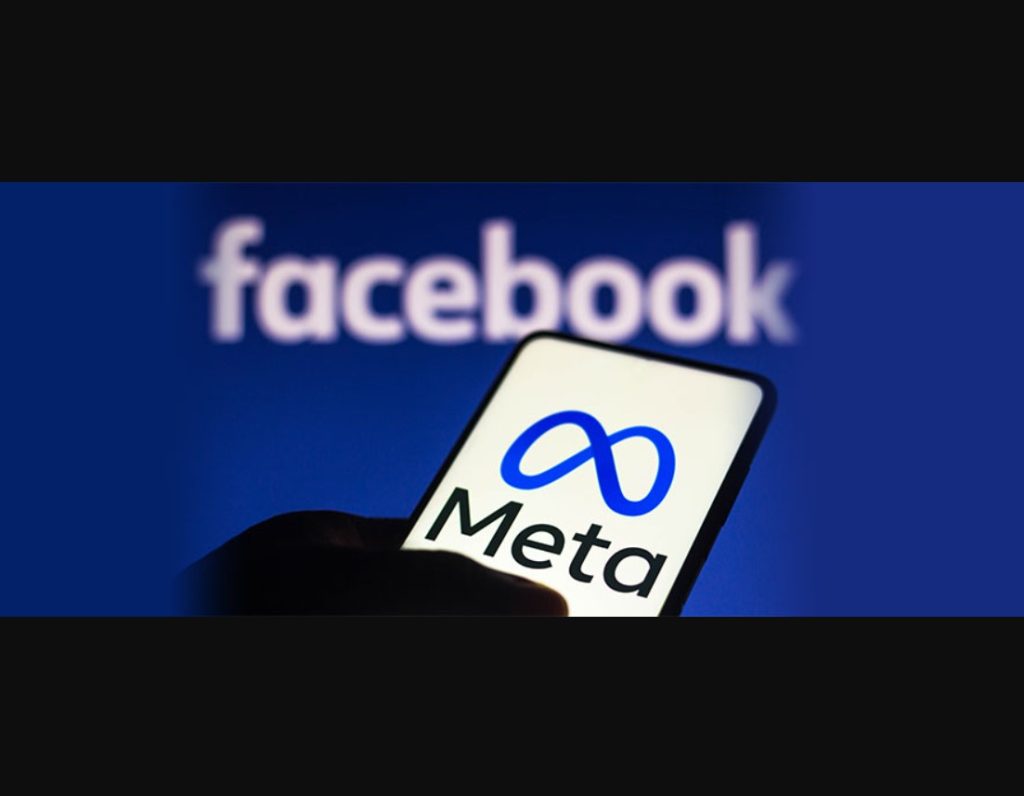Meta is not playing around when it comes to hiring new employees. The tech giant has offered employees from OpenAI and Google DeepMind compensation packages worth upwards of $100 million.
OpenAI CEO Sam Altman confirmed those reports on a podcast with his brother, Jack Altman, which was published on Tuesday.
“[Meta has] started making these, like, giant offers to a lot of people on our team,” Sam Altman said on the podcast. “You know, like, $100 million signing bonuses, more than that [in] compensation per year […] I’m really happy that, at least so far, none of our best people have decided to take him up on that.”
READ: Meta to spend about $15 billion to acquire AI company (June 11, 2025)
OpenAI and Meta (formerly Facebook) are two of the leading players in the artificial intelligence (AI) landscape, each with distinct approaches, goals, and strategies that fuel their ongoing competition.
According to Bloomberg, Meta tried to poach one of OpenAI’s lead researchers, Noam Brown, as well as Google’s AI architect, Koray Kavukcuoglu. However, both efforts were unsuccessful.
OpenAI, backed by Microsoft, focuses on developing general-purpose AI models such as ChatGPT, Codex, and DALL·E, with a strong emphasis on safety, alignment, and responsible deployment. OpenAI’s models are closed-source, which allows for greater control but has drawn criticism from parts of the research community. Its partnership with Microsoft provides commercial strength, integrating AI into products like Microsoft 365 and Azure.
Sam Altman went on to say he believes OpenAI’s culture of innovation has been a major key to its success, and that Meta’s “current AI efforts have not worked as well as they hoped.” Meta, on the other hand, pursues a more open-source philosophy. Its AI research division, FAIR (Facebook AI Research), has released cutting-edge models such as LLaMA (Large Language Model Meta AI) and supports an open ecosystem for developers and researchers.
Meta’s strategy emphasizes openness, aiming to build a large developer base and accelerate innovation through transparency. It also sees AI as central to its metaverse ambitions.
Altman also said in the podcast that he believes it’s not enough for companies to catch up on AI — they have to truly innovate to stay ahead.
The rivalry intensifies in areas such as large language models (LLMs), generative AI, and AI infrastructure. OpenAI’s GPT-4 and Meta’s LLaMA 3 models are direct competitors, with both companies racing to create more powerful and efficient models. Each also competes for top talent and computational resources.
While both companies claim to prioritize AI safety, their approaches diverge. OpenAI adopts a more centralized and cautious stance, whereas Meta promotes broader experimentation. This has sparked debates over the best path toward beneficial AI.
READ: Amid surging energy demands from AI and data centers, Big Tech turns to nuclear power (November 29, 2024)
Ultimately, the rivalry between OpenAI and Meta reflects broader tensions in the AI field: openness versus control, commercialization versus research freedom, and speed versus safety. Their competition is shaping the future of AI, influencing public policy, innovation, and the global technological landscape.
These aggressive recruitment efforts by Meta, underscores a strategic push to accelerate its AI capabilities, even if it means spending heavily to lure top minds. For OpenAI, the refusal of its team to defect suggests a strong internal culture and alignment with its mission. In broader terms, this rivalry highlights how talent, not just technology, is becoming the key battleground. Both companies must balance innovation with retention to maintain leadership in the rapidly evolving AI landscape.

